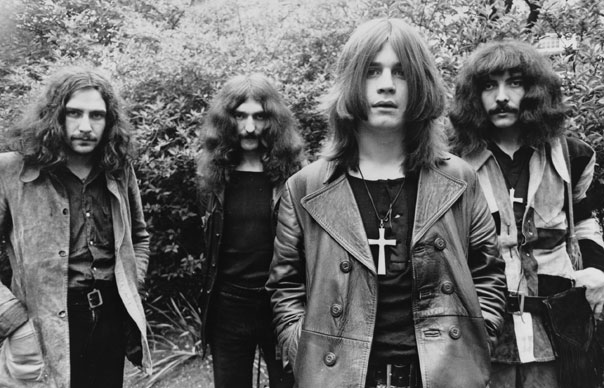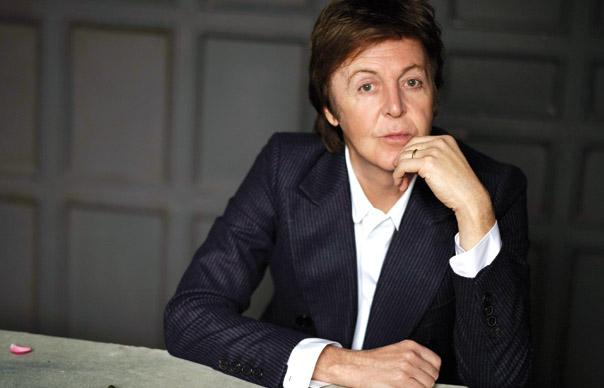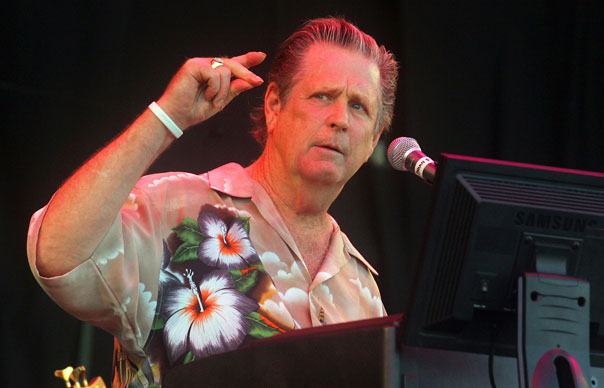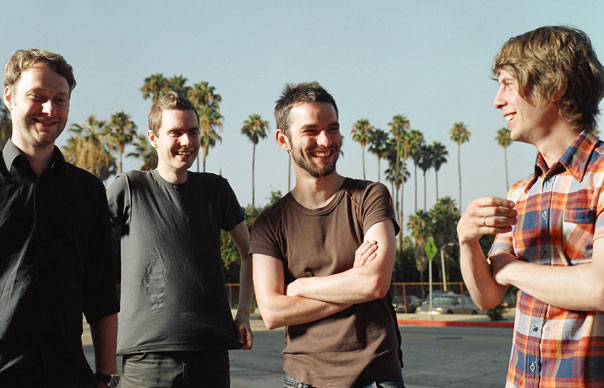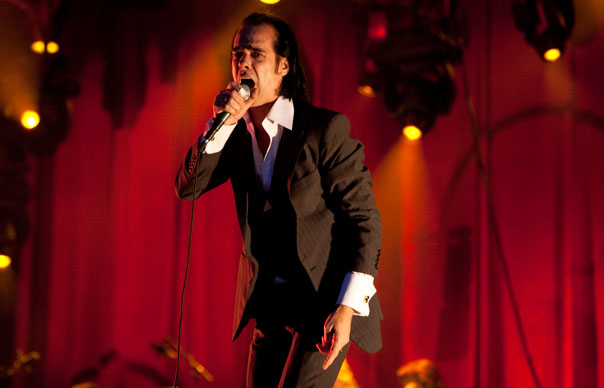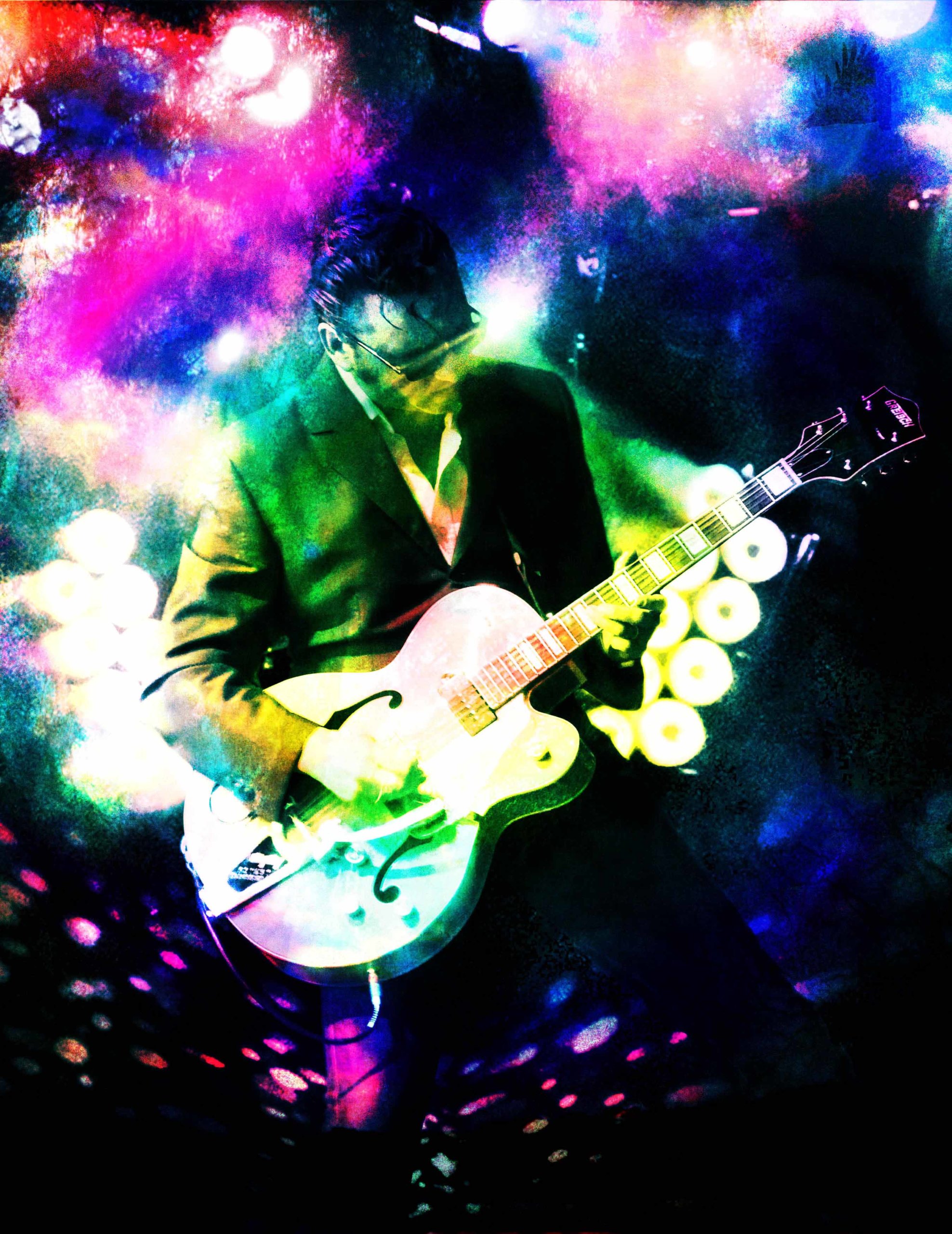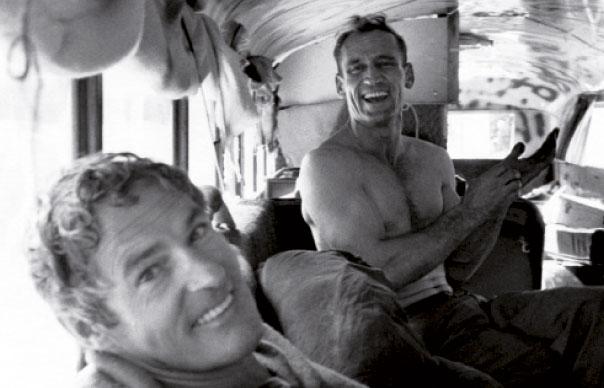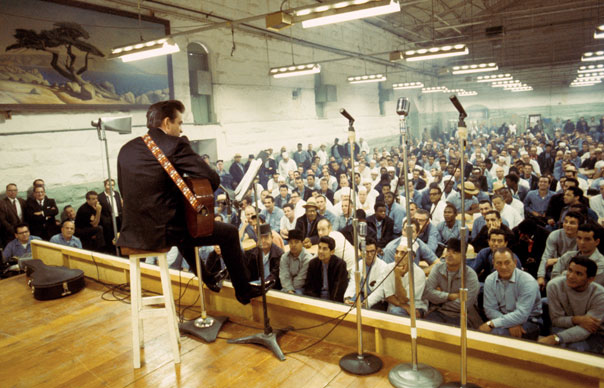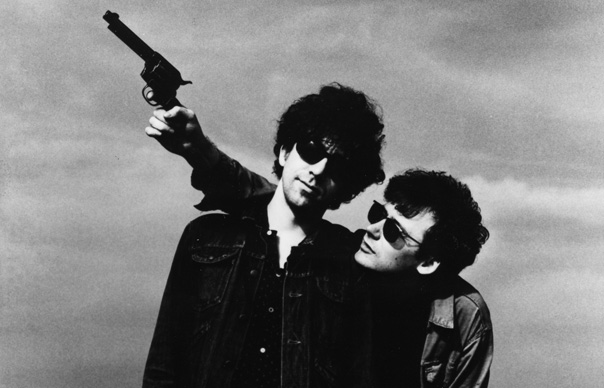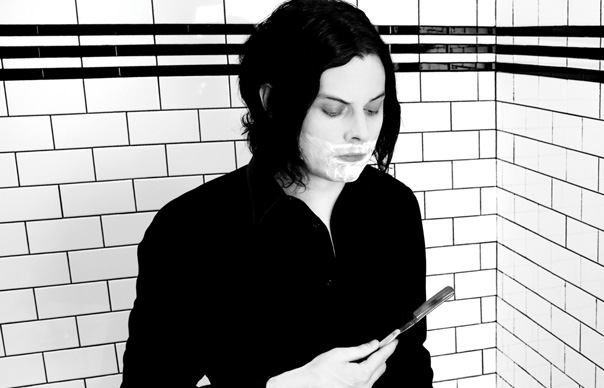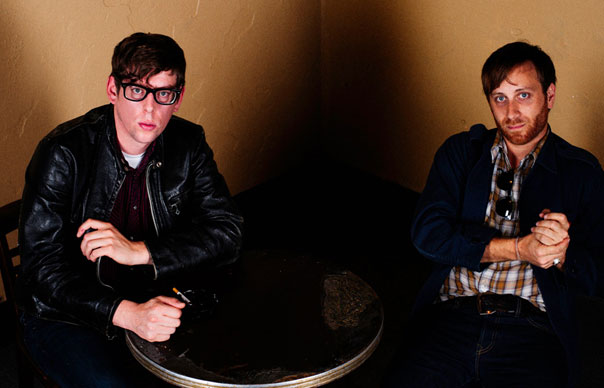Sir Paul’s romantic, (and loving) take on standards…
Funny to think that Ringo beat everyone to it, on 1970’s Sentimental Journey, the first ever collection of standards and showtunes by someone from a rock music background. And now, 42 years later, his surviving bandmate becomes one of the last artists of his generation to step up to the podium and record an album of the songs of his parents’ generation.
Of course, Paul McCartney is rooted in the music of the 1930s and ‘40s; if he wasn’t crooning songs like “Besame Mucho” and “Til There Was You” in the Beatles, he was pastiching the oldies in a long line of songs from “When I’m 64” to Wings’ “You Gave Me The Answer” and even punting his own “Suicide” to Frank Sinatra. Although it was George Harrison who wrote the song that Sinatra actually covered, “Something”. Mind you, Frank always credited it to Lennon and McCartney…
Anyway, an album of standards from Paul McCartney is long overdue and this set – which could also be seen as a collection of love songs to his new missus, Nancy Shevell – shocks only in that you keep wanting to go back over McCartney’s discography to make sure that he hasn’t done this before, possibly under the name of Percy Thrillington, that this isn’t Kisses On The Bottom 2. But it’s not, and so in 2012, the album after ballet soundtrack Ocean’s Kingdom, and after 2007’s utterly superb Memory Almost Full, is finally the full-on swoon’n’croon, 12 genuine oldies and two brand new Macca songs, “My Valentine” and “Only Our Hearts”, that fit right in like olives in a Martini. There are no dub metal collaborations with Youth, no rockers, nothing of a classical or operatic nature, and not even any Ringo (which is a shame, as both Starr and McCartney cover “Bye Bye Blackbird” on their respective albums – there’s a mash-up waiting to happen).
It ought to be the hoariest old lug of clichés, stuffed with every cliché from the retro Shure microphone to the black and white shot of Paul in a tuxedo. But it’s not, for a number of very decent reasons. For a start, McCartney is a great songwriter, and thus his choices are made for reasons of quality rather than popularity; unlike the X Factor contestants on Standards Night, Paul McCartney not only grew up with these songs, via the radio and his father Jim’s playing, he’s studied them. Even the more familiar songs here – Harold Arlen’s “It’s Only a Paper Moon”, Billy Hill’s “The Glory Of Love” – aren’t Porter or Berlin megaliths, there’s a smattering of daft but lovely child-friendly tunes (“Inchworm”, “Ac-Cent-Tchu-Ate the Positive”), and there’s no sense of crowd-pleasing here – the album opens with the song from which its daft title comes, “I’m Gonna Sit Right Down and Write Myself a Letter”, which is just on the right side of obscure. By the time we’ve reached “My Very Good Friend The Milkman” and “We Three (My Echo, My Shadow and Me)”, we are entirely in the great man’s hands.
The other cliché avoided is the Orchestra. Instead of the dead sweep of some fake Nelson Riddle arrangements, the music here is provided by jazznik Diane Krall’s band. Krall (married to former Macca collaborator Elvis Costello) and her musicians provide a lighter sound reminiscent of Nat King Cole and his Trio, and when strings do come in, they seep under the door like mist rather than hang like lead curtains. And McCartney’s voice fits these arrangements; a higher tenor than usual as befits the older vocalist, but investing each lyric with meaning and respect, full of lightness when required. There’s only one song here where his voice doesn’t have the airiness of an Astaire or the calm of a Crosby, and that’s “Get Yourself Another Fool”, in which we may or may not detect a controlled anger at a previous lover.
And then there are the two new songs. In other hands, tacking your own compositions onto a set of classics might be seen as hubris, but in this case, it’s perfectly allowable. “Only Our Hearts” could be from some lost Broadway show, and is propelled into new excellence by Stevie Wonder’s best harmonica playing for decades (and even contains a properly Wings-y “whoo ooh hoo” at the end). And “My Valentine”, clearly written for Nancy Shevell, is beautiful, is a waft of a song that exists in the gap between Sinatra’s “A Very Good Year” and Nat King Cole’s “Nature Boy”. “(i)And I will love her for life(i)” sings Paul, and even though you know he’s sung it before, you also know he means it.
In a genre mostly attempted from lazy despair, this album is made with care, love and expertise and it shows on every song. Kisses On The Bottom is all Valentine’s Day and no massacre.
David Quantick


